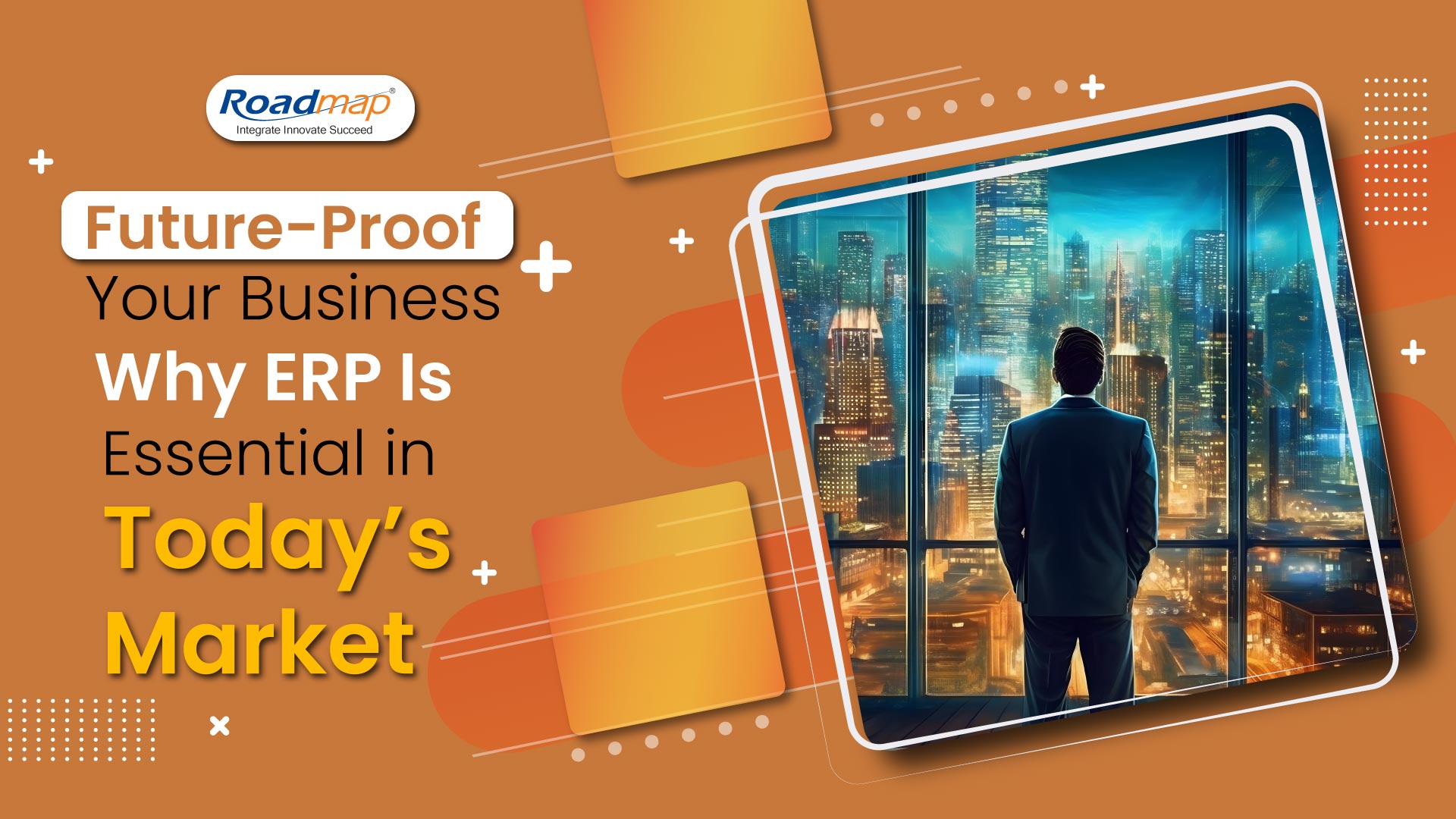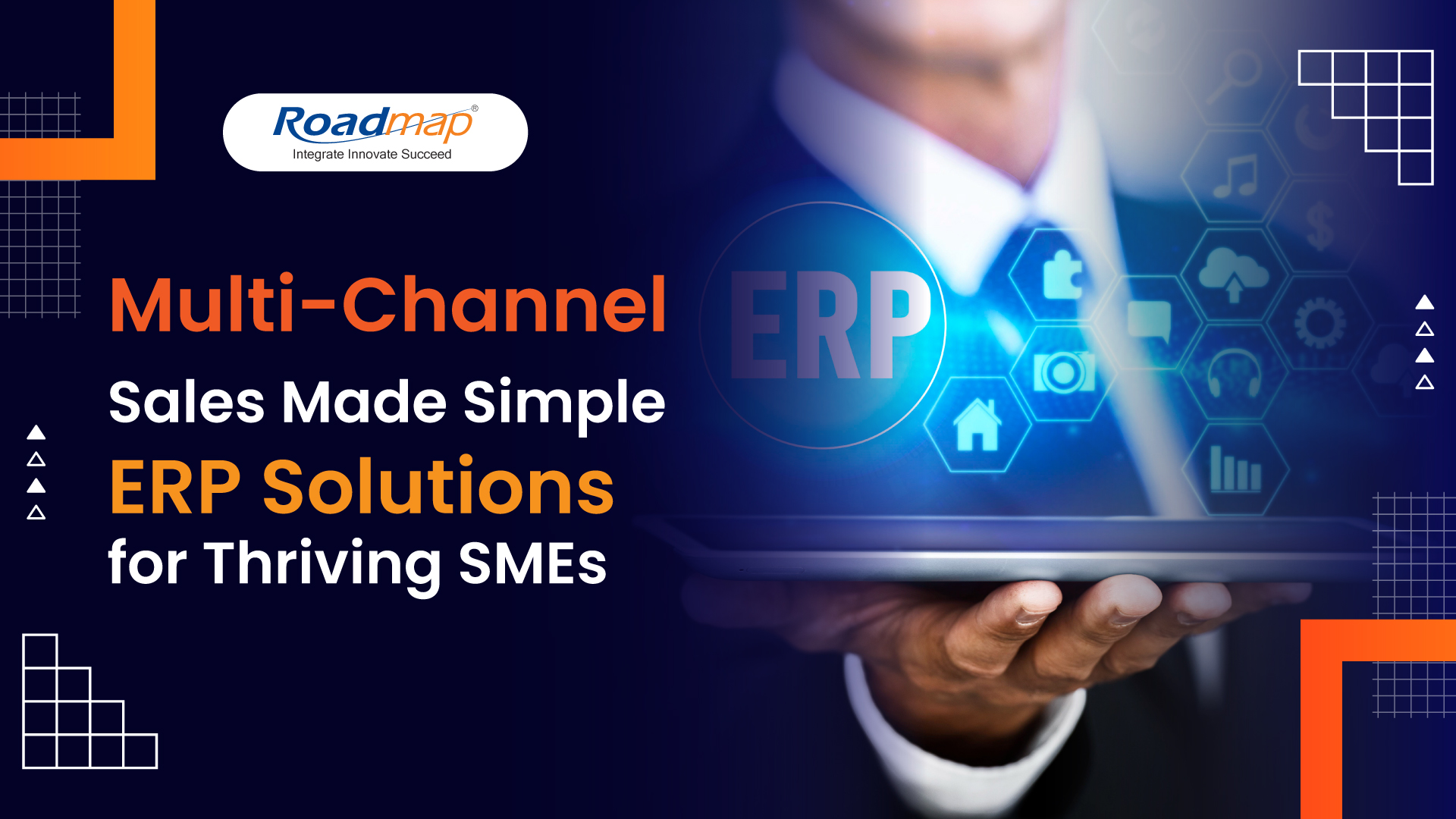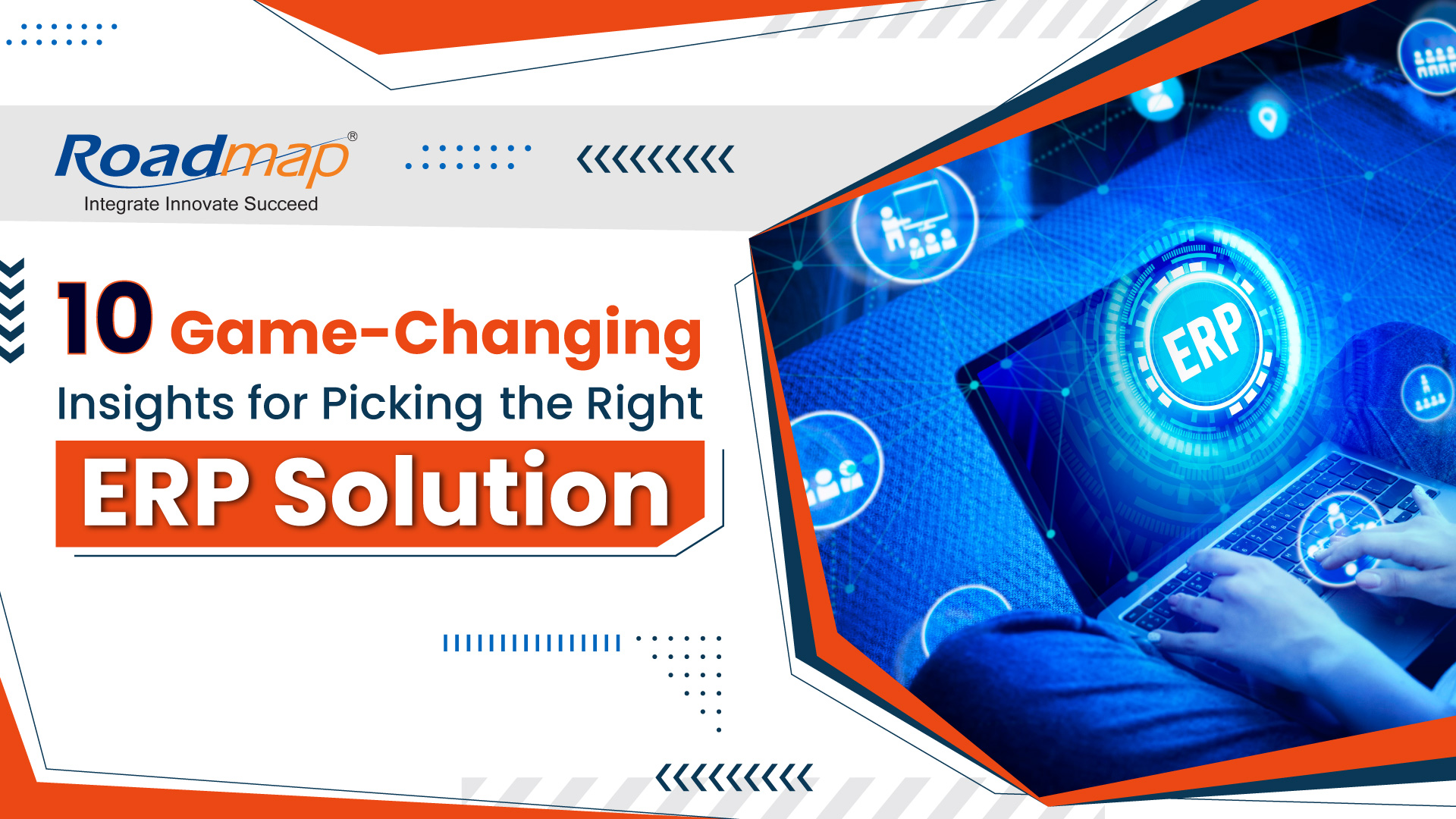
- Roadmap
- 06-Jan-2025 12:27:49
Future-Proof Your Business: Why ERP Is Essential in Today’s Market
In an era where the market moves at lightning speed and businesses encounter unprecedented challenges, such as managing supply chains disrupted by global uncertainties to meet evolving customer demands, staying ahead requires more than just hard work—it demands smart work. This is where an Enterprise Resource Planning (ERP) system becomes essential. Ignoring ERP in today’s business environment is not just a missed opportunity; it poses a significant risk.
The Growing Complexity of Business Operations
As businesses expand, so do their operational complexities. Manual processes, disparate systems, and siloed data are common roadblocks that hinder efficiency and growth. Without an integrated approach, businesses struggle with issues like:
Data Silos: Data silos are defined as compartmentalized repositories of data that don't link to the other applications within your IT infrastructure which lead to inconsistent and inaccessible data.
Manual errors: Spreadsheet-based processes increase the likelihood of human error.
Inefficiency: Redundant tasks and delayed communication slow down decision-making. ERP systems address these pain points by centralizing operations and offering a single source of truth. Whether in inventory management, procurement, sales, or finance, ERP systems streamline workflows, enabling businesses to operate with precision and agility.
The Cost of Inaction
Many business owners hesitate to adopt ERP due to perceived costs or fear of disrupting existing processes. However, the cost of not implementing ERP can far outweigh the investment. Here’s why:
1.Lost Productivity: Manual processes and redundant tasks consume valuable time and resources.
2.Missed Opportunities: Lack of real-time data hampers quick decision-making and leads to missed market opportunities.
3.Customer Dissatisfaction: Inconsistent service or delays caused by inefficient systems can drive customers away.
4.Compliance Risks: Regulatory requirements are becoming increasingly stringent. ERP systems help ensure compliance through accurate record-keeping and reporting.
The Competitive Edge of ERP
An ERP system is more than a software tool; it’s a strategic enabler. Here’s how businesses gain a competitive edge with ERP:
• Real-Time Insights: Advanced analytics and dashboards provide actionable insights to guide strategic decisions.
• Enhanced Collaboration: ERP fosters seamless communication across departments, improving teamwork and efficiency.
• Scalability: As businesses grow, ERP systems adapt to new requirements, ensuring sustainable scalability.
• Customer-Centric Approach: By integrating customer data, ERP helps businesses tailor their services to meet customer expectations.
Industry-Specific Benefits
Different industries face unique challenges, and ERP systems can be tailored to meet those unique needs.
For example:
• Manufacturing: Streamlined production schedules and inventory management.
• Retail: Real-time tracking of Sales, Inventory, and customer preferences.
• Logistics: Optimized supply chain and delivery processes.
• Healthcare: Improved patient record management and compliance.
Overcoming the Myths About ERP
One common misconception is that ERP systems are only for large enterprises. In reality, modern ERP solutions cater to businesses of all sizes. With cloud-based options, even small and medium-sized businesses can access scalable and cost-effective ERP systems.
It's Time to Take Action!
It is no longer feasible to postpone ERP deployment in the current market. ERP system adoption positions businesses for long-term success, but risk aversion will cause them to lag behind. Through process automation, improved data accuracy, and improved decision-making, ERP systems enable businesses to confidently handle obstacles and take advantage of opportunities.
In conclusion, ignoring ERP is like driving without a map in today's business environment. For organizations to prosper, a strong, integrated solution is required to meet the needs and complexities of the contemporary market. Purchasing an ERP system is not an option; it is a must for companies that want to remain flexible, competitive, and prepared for the future.



